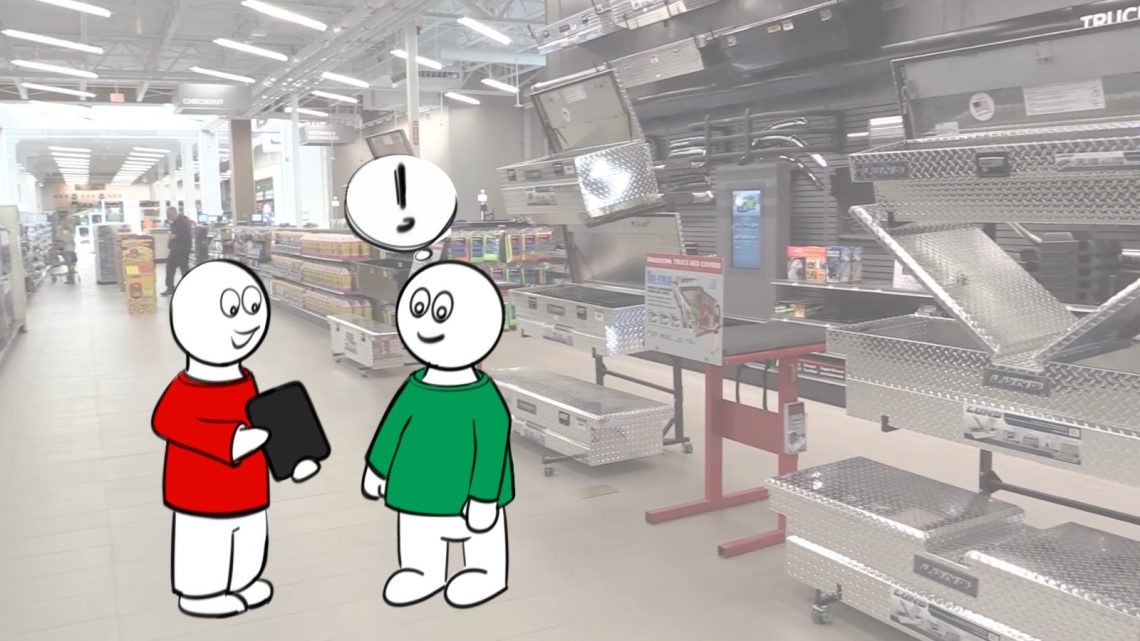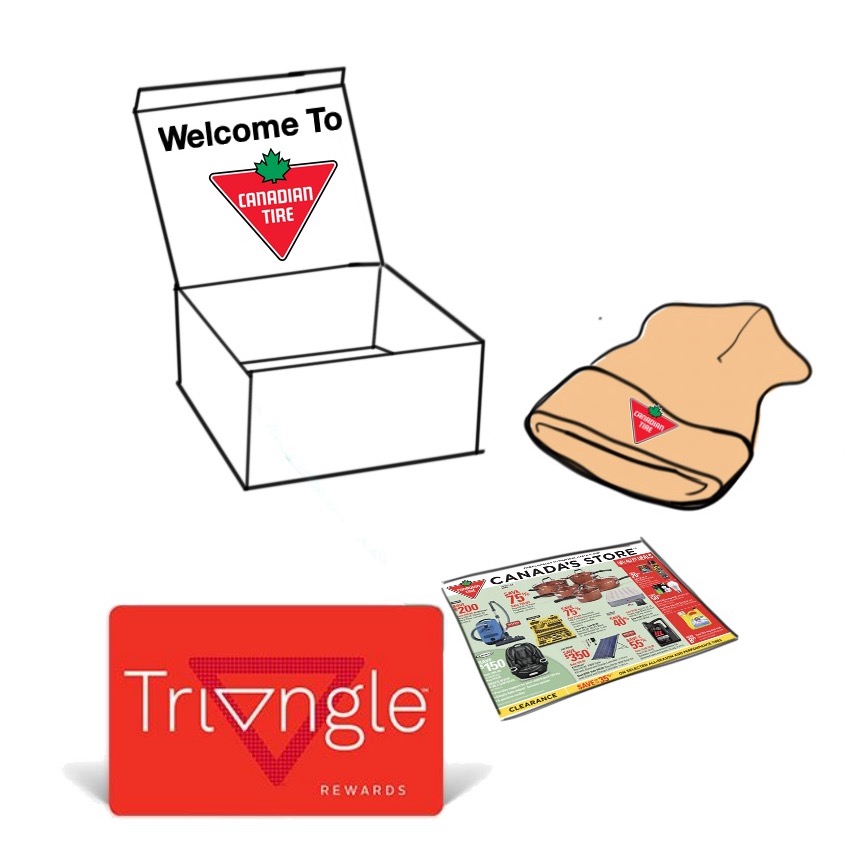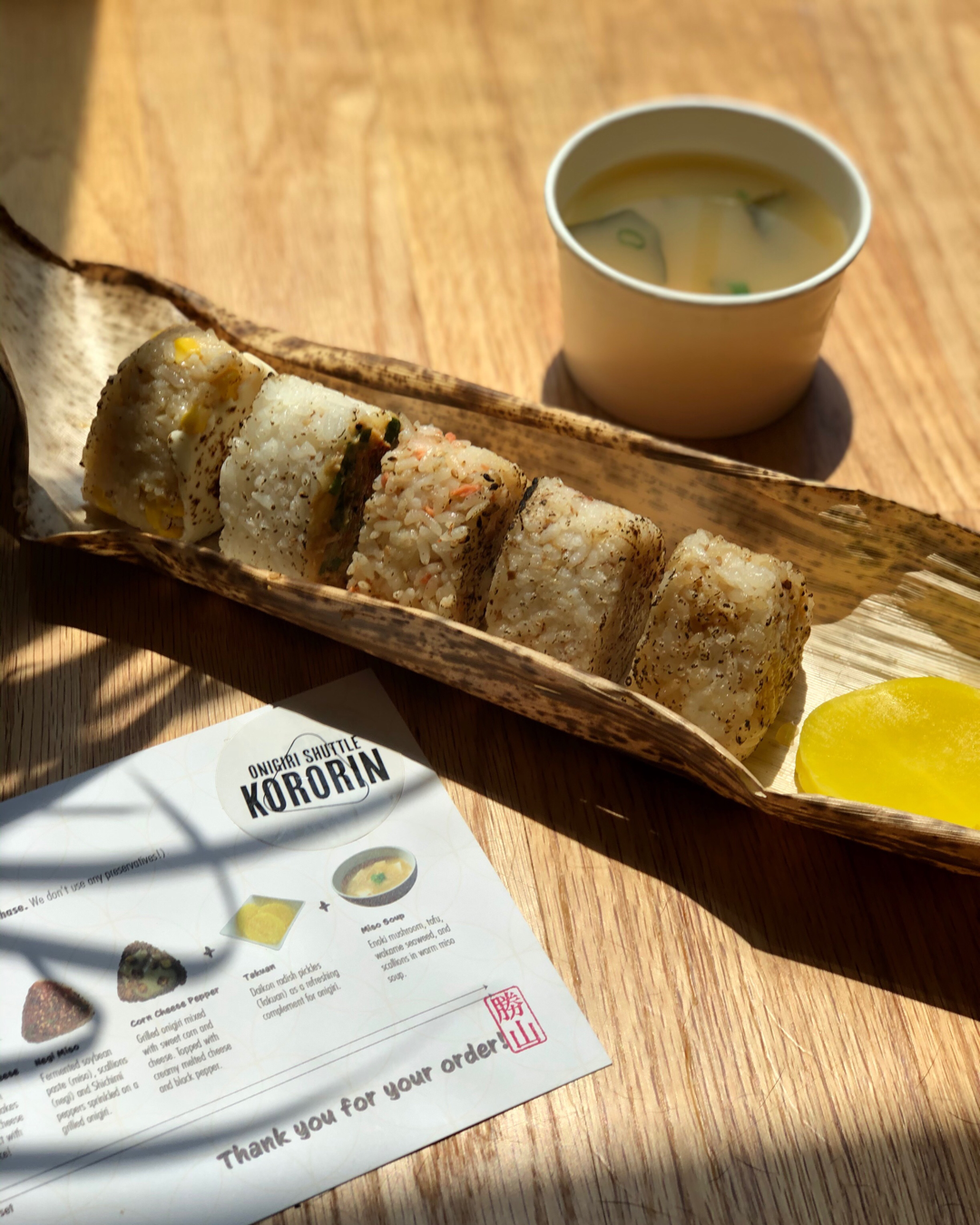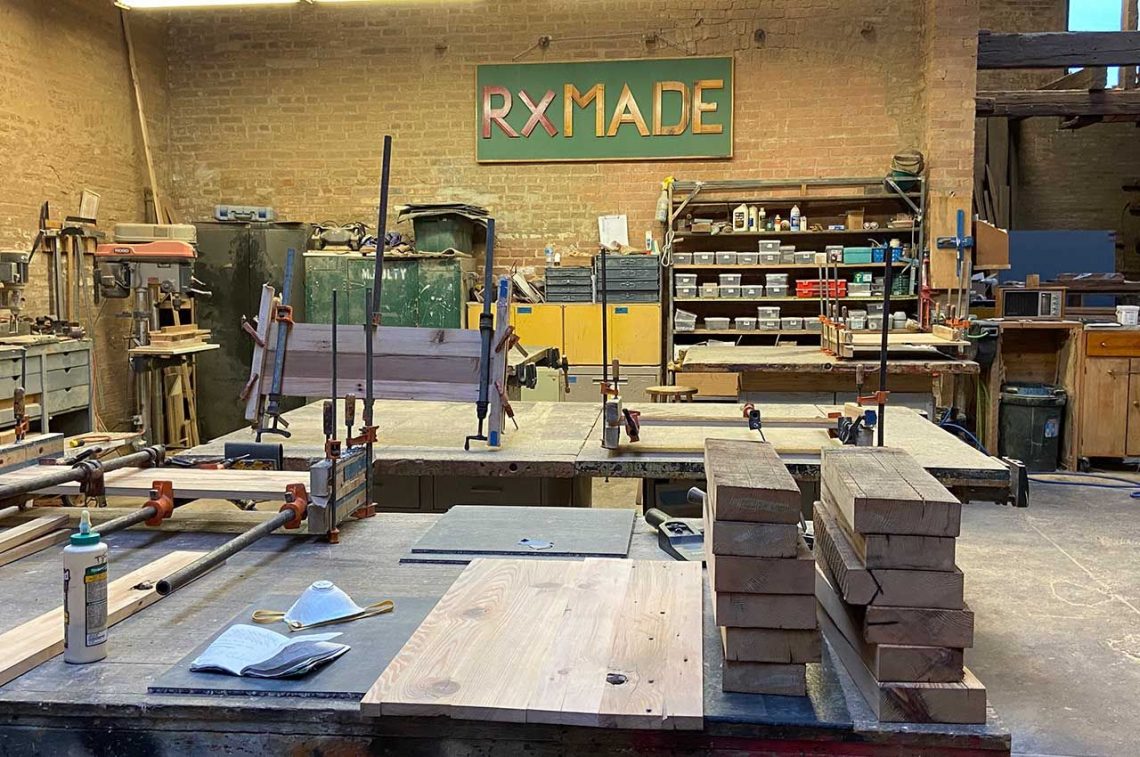ID Students Place Second in International Rotman Design Challenge
By Andrew Connor
April 15, 2021

In Canada, Canadian Tire is an institution. The store was founded in 1922 but has since grown into one of the country’s biggest retail chains, selling homewares, sporting goods, and hardware in addition to automobile parts. Roughly 90 percent of the Canadian populace lives within a 15-minute drive of a Canadian Tire store.
Yet while the brand name has plenty of recognition among long-term Canadian citizens and residents, for people moving to the country for the first time the brand means very little. And these new Canadian residents are projected to make up 30 percent of the nation’s population by 2036.
Team IDeate, a group of six Institute of Design students—Justin Bartkus (MDes+ MBA 2021), Kanal Chhajed (MDes 2021), Grace Hanford (MDes + MBA. 2021), Ruohua Huang (MDes + MBA 2022), Jocelyn Jia (MDes + MBA 2022), and Jeff Sprague (MDes 2022)—sought to address the “New Canadian” audience (a term coined by the team) in this year’s Rotman Design Challenge, an annual business design challenge organized by the University of Toronto’s Rotman School of Management.
The students were one of 16 finalists selected from an international pool of 39 teams, including the University of California, Berkeley Haas School of Business, the University of Chicago Booth School of Business, and Parsons School of Design.

“We are an inclusive team, our team members come from different cultural backgrounds and have various industry experience, and I think it becomes one of our strengths across the whole competition,” adds Huang. “We utilized our personal networks to recruit participants and collect voices from different perspectives, which led us to that insight.”
In an effort to meet new Canadians where they are, the team devised a number of concepts meant to prepare them for and help them get the most out of Canadian life. They would not only help new Canadians approach the challenges of starting life in a new country, but it would also help them develop their own Canadian identity. Moreover, the interventions would be relatively easy to implement by leveraging many of the services Canadian Tire already has to offer.

Those interventions range from information kiosks in airports and support desks in stores, to welcome packages and guides to life in Canada. The aim is to treat new Canadians as neighbors while also providing them with the information they need about starting a life in Canada. The proposal stresses that these interventions must appear early in the new Canadian experience to reduce the possibility of them being blindsided by unexpected challenges.
“If we could create uniquely Canadian memories for new Canadians it would be a great win,” says Sprague. “But by talking to people we learned that it was in the transitional period that they needed help. Enjoying Canada for all its natural, wonderful goodness is something that they can do, but we have to do something to get them to that point during the first year, the first week, the first day.”
While the designers created their interventions with new Canadians in mind, their methods provide an opportunity for Canadian Tire and other retailers to improve experiences and increase brand loyalty among all potential consumers.
With the team’s second-place win for 2021, this marks the fourth time an ID team has placed top three in the challenge. The Rotman Business Design Challenge is coordinated by Rotman’s business design program, which was created nearly two decades ago with the help of Patrick Whitney, ID’s former dean. In completing their proposal, Team IDeate received critical feedback and guidance from ID faculty members Jeremy Alexis, Mark Jones, and Tomoko Ichikawa.


